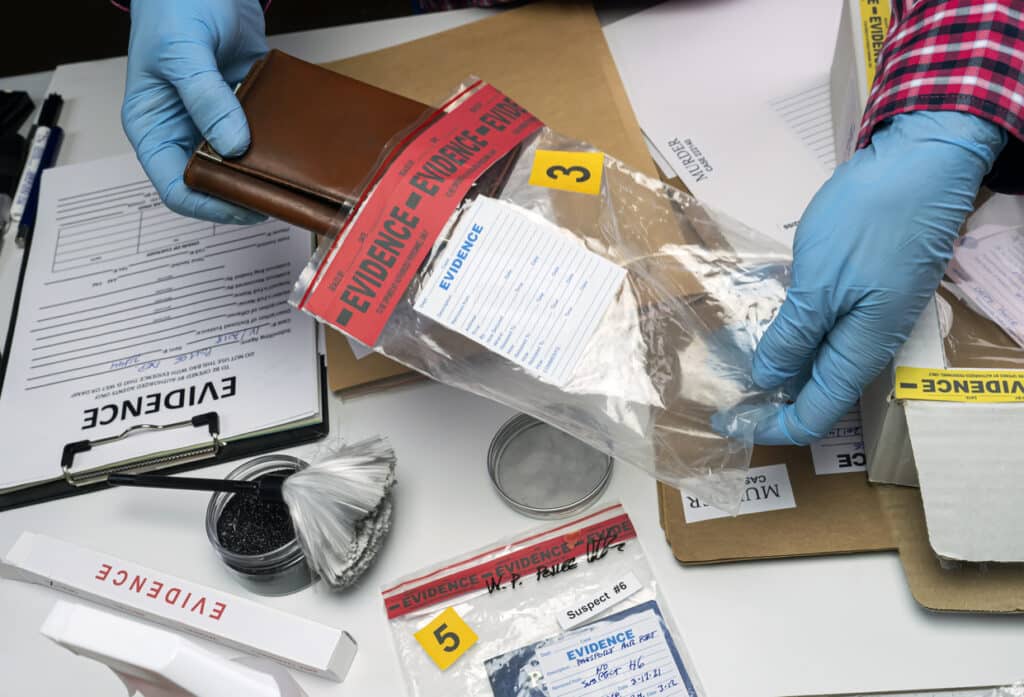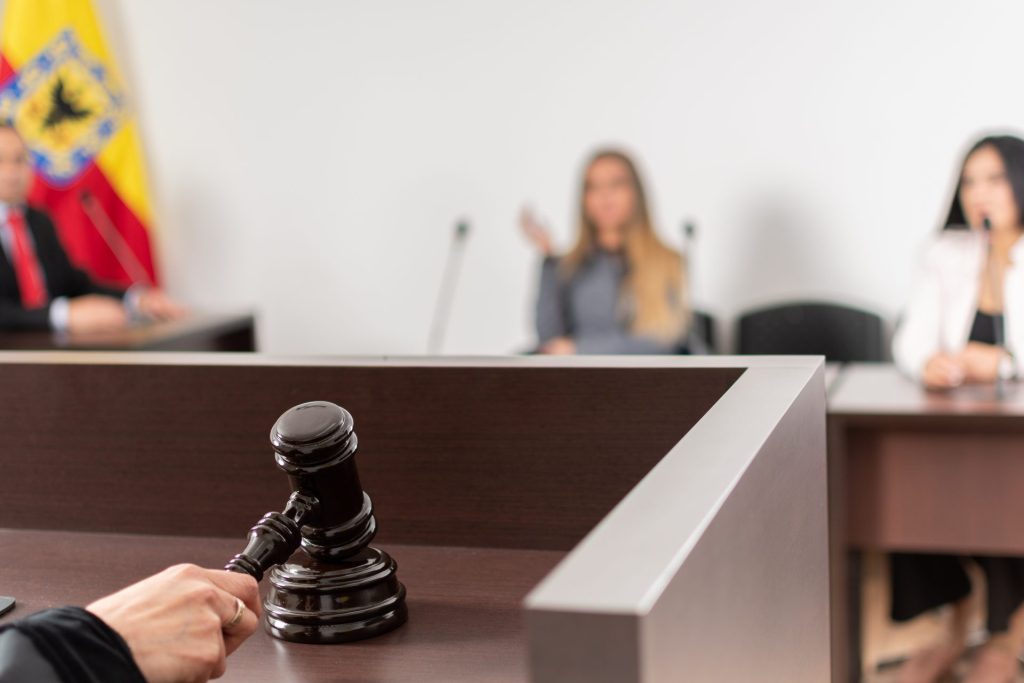If you are falsely accused of a domestic violence crime in Colorado, how can you prove that the charge is fabricated? The first step is scheduling a consultation – as quickly as possible – with a Colorado Springs domestic violence defense attorney.
How does this state define domestic violence? How are domestic violence crimes handled? How are offenders penalized? If you’ll keep reading this short introduction to false domestic violence charges and your rights in Colorado, you will find the answers you may need.
But if you’re currently facing a criminal domestic violence charge, or if you’re accused of domestic violence in the future, you will also need the personalized legal advice and professional legal services that a Colorado Springs domestic violence defense lawyer will provide.
What Crimes Are Domestic Violence Crimes in Colorado?
A domestic violence crime in Colorado is a crime that victimizes a person who has had an intimate relationship with the suspected perpetrator. Any crime that is meant to control, coerce, intimidate, or exact revenge on an intimate partner or intimate ex-partner is domestic violence.
Not all acts of domestic violence are necessarily physical; financial abuse, threats, coercion, emotional abuse, and other abusive behaviors are also considered domestic violence.
Often, a crime of domestic violence may be charged as a misdemeanor, but if the victim suffered great bodily harm, the charge will be a felony. Domestic violence offenses in Colorado include:
- harassment
- kidnapping
- menacing or stalking
- theft or burglary
- destruction of private property
Injuring or threatening to injure an intimate partner’s or ex-intimate partner’s pet may also constitute domestic violence in Colorado.
What Are Colorado’s Penalties for Domestic Violence Convictions?
A conviction for any domestic violence crime in Colorado may be penalized with a fine, jail or prison time, and other conditions (counseling, for example) imposed by the court.
Particular first-time offenders may be eligible for deferred adjudication, meaning that the domestic violence case will be dismissed when and if the defendant meets the requirements set by the court.
If you are convicted of a domestic violence crime, whether it is a felony or a misdemeanor, federal law imposes a ban for life on your right to use, possess, or own a firearm. Only a full clemency or pardon can restore your firearm rights after a conviction for domestic violence.
If you hold a professional license in Colorado, a conviction for domestic violence may prompt a disciplinary action by your state licensing board. And if you’re not a citizen of the U.S., a conviction for domestic violence in Colorado could trigger a deportation proceeding.
How Do the Police Deal With Domestic Violence Calls?
Colorado police officers usually have discretion regarding when, where, and if an arrest should be made, but not in cases of domestic violence. If the police have probable cause to believe that you’ve committed a domestic violence crime, they must arrest you.
That is Colorado law. That law obligates police officers to make an arrest for domestic violence “without undue delay,” if they have probable cause and if they know the suspect’s location.
Why Are Some Domestic Violence Claims Fabricated?
Criminal defense lawyers, prosecutors, family law attorneys, and judges in Colorado have all dealt with a considerable number of false claims of domestic violence. Fabricated claims are made for all kinds of reasons.
An ex-spouse, for example, could accuse you of domestic violence to gain an edge in a property or custody dispute. A spiteful teenager might falsely accuse a stepparent. A number of phony claims of domestic violence are made with no discernible motive whatsoever.
In many of these cases, determining the truth is not easy. Your defense attorney will work aggressively to find the truth, but a phony domestic violence claim is like any other fabricated allegation. At a domestic violence trial, what is “true” will be determined by a panel of jurors.
How Will Your Attorney Defend You?
How can you successfully challenge a false claim of domestic violence? Again, determining the truth may be difficult, but the state must prove “beyond a reasonable doubt” that a defendant is guilty in order to win a conviction, and in domestic violence trials, that may also be difficult.
You must be advised and defended by a Colorado Springs domestic violence defense lawyer if you are charged with a crime of domestic violence in or near Colorado Springs. Select an attorney with considerable experience handling criminal trials and domestic violence cases.
After reviewing the details of your case, your lawyer will develop an aggressive, effective defense strategy. If you’re innocent of a domestic violence crime, don’t plead guilty or take a plea deal. Tell your attorney to contest the charge, and if necessary, to take your case to trial.
However, whether you’re innocent of domestic violence or guilty of the charge, you have the right to be represented by a defense lawyer who will protect your rights and bring your case to its best possible outcome.
What Defense Strategies Can Be Pursued in Domestic Violence Cases?
Unfortunately, false domestic violence accusations aren’t uncommon. If you are the victim of a false allegation, your defense attorney will seek to discredit that allegation and uncover the truth.
In other domestic violence cases, a claim of self-defense or defending your personal property may prevail at a trial. With your assistance and consent, your defense lawyer will craft the defense strategy that is appropriate and best in your specific situation.
Who Are “Habitual” Domestic Violence Offenders?
A person who has three convictions for domestic violence in Colorado is deemed a habitual domestic violence offender. A fourth charge of domestic violence – even if it’s a misdemeanor – may be charged as a Class 5 felony punishable on conviction with a term in a state prison.
If you are convicted of a crime of domestic violence and you are not sent to prison, you must submit to a domestic violence evaluation and treatment program. Participation is mandatory even if you receive a deferred judgment or deferred sentence.
What Else is Important to Know?
If you are facing a criminal domestic violence charge in Colorado:
- Avoid confrontations with the purported victim while the case is pending.
- Don’t use social media sites. Anything you post could be used against you.
This cannot be emphasized strongly enough, because your freedom and future may be at stake: If you’re charged with domestic violence in or near Colorado Springs, you must speak about your case – as quickly as possible – with a Colorado Springs domestic violence defense attorney.





